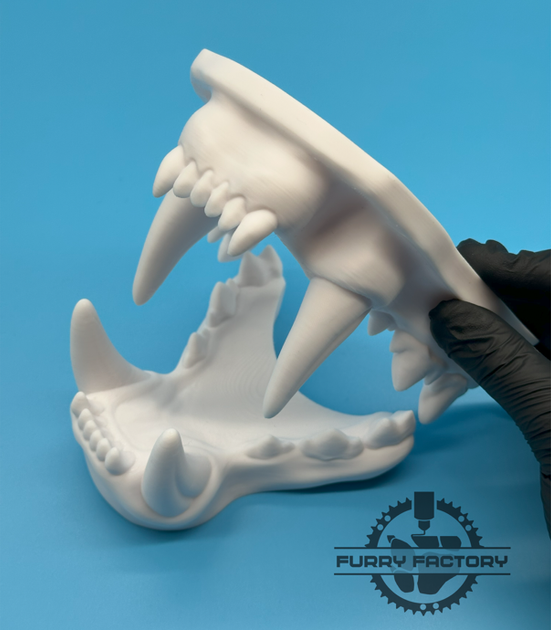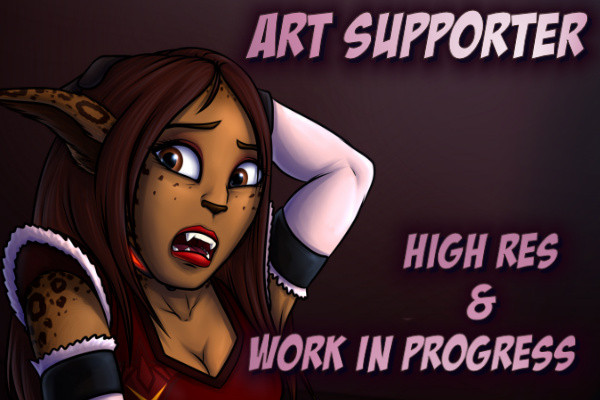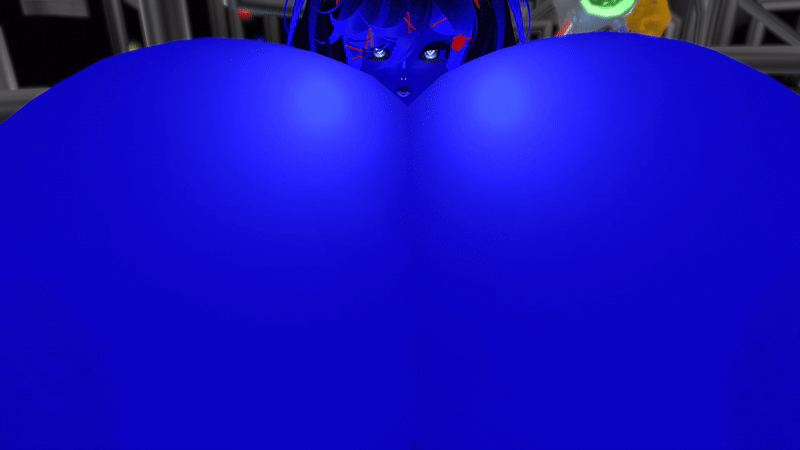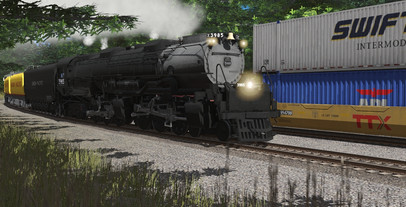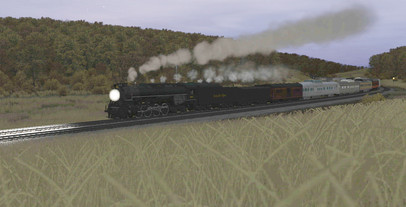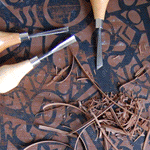HOME | DD
 generalbasicblog1 — Machine Embroidery Designs: How to Choose the Righ
generalbasicblog1 — Machine Embroidery Designs: How to Choose the Righ

#designs #embroidery #machine
Published: 2023-03-21 07:24:45 +0000 UTC; Views: 561; Favourites: 2; Downloads: 0
Redirect to original
Description
If you’re into embroidery, you’re probably familiar with machine embroidery. This technique allows you to create intricate designs quickly and accurately, saving you time and effort. However, with so many machine embroidery designs available in the market, choosing the right one for your project can be a daunting task. In this article, we’ll explore the different types of machine embroidery designs and provide tips on how to choose the right one for your project.
Table of ContentsMachine embroidery is the process of using a specialized sewing machine to stitch designs onto fabric. The designs are created using digitizing software and then uploaded to the embroidery machine. Once the fabric is loaded onto the machine, the design is stitched onto the fabric automatically, creating intricate and detailed designs quickly and accurately.
2. Types of Machine Embroidery DesignsThere are various types of machine embroidery designs available in the market. Here are some of the most popular ones:
2.1 Satin Stitch DesignsSatin stitch designs are created by stitching parallel lines of thread closely together, creating a smooth and shiny finish. This type of embroidery is great for creating bold and detailed designs.
2.2 Fill Stitch DesignsFill stitch designs are created by stitching a dense pattern of stitches to fill in a design area. This type of embroidery is great for creating larger designs and adding texture to your embroidery.
2.3 Applique DesignsApplique designs are created by stitching fabric shapes onto a base fabric to create a design. This type of embroidery is great for creating 3D designs and adding depth to your embroidery.
2.4 Redwork DesignsRedwork designs are created using a single color of thread, usually red, to create a design. This type of embroidery is great for creating vintage and traditional designs.
2.5 Cross Stitch DesignsCross stitch designs are created by stitching small X-shaped stitches onto fabric. This type of embroidery is great for creating detailed and intricate designs.
2.6 Freestanding Lace DesignsFreestanding lace designs are created by stitching a design onto water-soluble stabilizer, which is then dissolved in water to leave behind a delicate lace design. This type of embroidery is great for creating lace borders and accents.
2.7 Cutwork DesignsCutwork designs are created by stitching a design onto fabric and then cutting away certain areas of the fabric to create a lace-like effect. This type of embroidery is great for creating intricate and delicate designs.
2.8 Photostitch DesignsPhotostitch designs are created by converting a photograph into an embroidery design. This type of embroidery is great for creating realistic and detailed designs.
2.9 Combination DesignsCombination designs are created by combining different types of embroidery stitches and techniques to create a unique and intricate design. This type of embroidery is great for creating.
When choosing a machine embroidery design for your project, there are several factors to consider to ensure that you select the right design. Here are some important factors to keep in mind:
3.1 SizeThe size of the design is an important consideration when choosing a machine embroidery design. Consider the size of the area where you plan to embroider the design and choose a design that fits that area appropriately.
3.2 ComplexityThe complexity of the design is another factor to consider. Some designs are more intricate and detailed than others. If you are new to machine embroidery, it's best to start with simple designs and gradually work your way up to more complex ones.
3.3 FabricThe type of fabric you plan to embroider on is an important consideration when choosing a machine embroidery design. Some designs work better on certain types of fabric than others. For example, a delicate lace design may not work well on a thick, heavy fabric.
3.4 ThemeThe theme of your project is another important factor to consider. If you're creating a project for a specific occasion or event, choose a design that fits that theme. For example, if you're creating a baby blanket, you may want to choose a design with cute and playful elements.
3.5 Personal StyleYour personal style is another factor to consider when choosing a machine embroidery design. Choose a design that reflects your personal style and tastes. This will ensure that you are happy with the final result.
4. Where to Find Machine Embroidery DesignsThere are many places to find machine embroidery designs, both online and offline. Here are some popular sources for machine embroidery designs:
- Embroidery design websites
- Etsy
- Craft stores
- Embroidery design books
When choosing a source for machine embroidery designs, make sure to read reviews and check the quality of the designs before making a purchase.
5. ConclusionChoosing the right machine embroidery design for your project can make all the difference in the final result. By considering factors such as size, complexity, fabric, theme, and personal style, you can select the perfect design for your project. With so many machine embroidery designs available, the possibilities are endless.
6. FAQsCan I create my own machine embroidery designs?
Yes, you can create your own machine embroidery designs using digitizing software.
What type of fabric is best for machine embroidery?
The best type of fabric for machine embroidery depends on the design and the desired outcome. Experiment with different types of fabric to find the best fit for your project.
How do I transfer a machine embroidery design onto fabric?
You can transfer a machine embroidery design onto fabric using a transfer pen, transfer paper, or a light box.
Can I use machine embroidery on clothing?
Yes, machine embroidery can be used on clothing to add custom designs and embellishments.
How do I care for machine embroidery?
Machine embroidery should be hand washed or washed on a gentle cycle in cold water. Avoid using bleach or fabric softeners, and hang dry or lay flat to dry.

